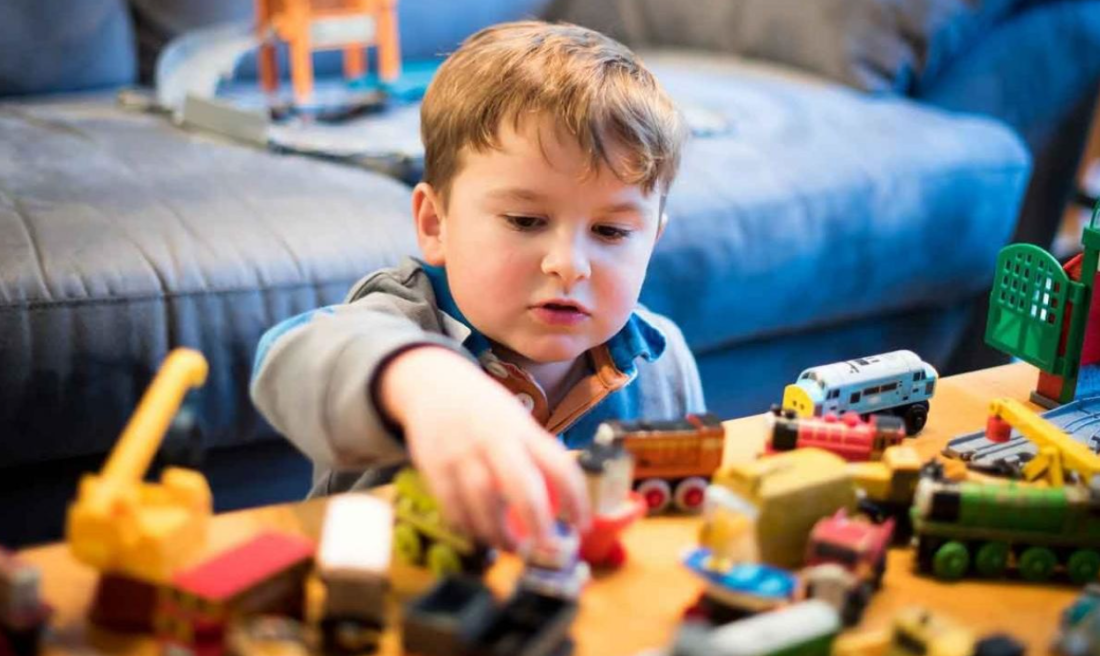As soon as your baby reaches toddlerhood, they transition from a dependent infant to an independent child; because naturally, they strive for independence and control. They start to do things for themselves. However, this increased independence also means that this was the period of the terrible twos. Familiar with the no-saying? Almost every time you ask them to do something, they are quick to say “No.” Parents, especially the new members of the club, experience a lot of disagreements with their children at this age because they must teach their children impulse control–and also for their own survival.

It is essential to our well-being to be able to behave in an autonomous way. Parents and educators need to nurture these basic needs in young children. As a parent, you have the power to promote autonomy in their early childhood and prepare them to climb any mountain.
No, I will do it! No, it’s mine! As parents, we have all heard those declarations of independence from our toddlers. They will try to communicate and assert their autonomy. In this article, we will help you understand autonomy vs. shame and doubt.
What is Autonomy, and why is it important in toddlerhood?
Autonomy is basically the ability of a person to act of their own volition. It is important in early childhood because, even in little ways, it helps build self-esteem, confidence, and independence. To put it simply, autonomy is a crucial part of learning for young children. It lets them know that they have control over themselves and that they can make simple choices. Autonomy plays a big role in everything a child does–whether from the activities they do in the daycare to how they interact with their peers in the classroom.
The crucial skill that helps toddlers develop is learning how to be independent. It teaches them how to carry themselves as they engage in more tasks and responsibilities later in life.
As young children become more independent, they will want to explore the world on their own; and along the way, they will discover how to express themselves. Soon, they will begin to understand how their simple choices and actions impact outcomes. They will also learn the distinction between what they do and do not have control over.
How do you encourage autonomy in early childhood?
Autonomy must be encouraged in early childhood education to help young children develop a sense of self. Avoid the urge to step in when your child is trying to do something on their own. Let your child do what they can do for themselves—even when your “mommy spirit” is telling you to step in. You may supervise, of course, but you should also let them know and feel that you trust their abilities. This will help them develop high self-esteem.
Should children need to feel they are in control?
As a matter of fact, yes. Obviously, you can’t expect them to be in total control of all aspects of their lives. They need to feel that they have, in some ways, ownership over certain parts of their life in order to build confidence. There are simple things you can let them do to make them feel in control, like washing their own hands, picking out their outfit, eating their snacks, choosing an activity, and the list goes on.
Feeling in control helps children boost their self-esteem. Children feel a sense of achievement when they are able to do something. If you do not allow your child to do something, even the simple things, they may start to doubt themselves and soon lead to shame and low self-esteem.
Help your child develop and be successful later in life.
You can do this by creating opportunities for autonomy. Simple things like placing snacks on a shelf that your child can reach, so when they want to eat their snacks, they can get them on their own. Give them opportunities to figure out how to handle their environment, like letting them dump their Legos on the floor—yes, as annoying as it can be as a parent, especially when you accidentally step on a Lego, ouch! As soon as they are done playing, you can foster helpful skills by asking them to put the toys away.
You can also help develop your child’s sense of autonomy by listening to your child’s opinions and ideas. Embrace your child’s opinions and let them make independent decisions. It will let them know that they do matter and that adults respect and recognize their abilities. Ultimately, building this independence helps your child take more active roles.
While the journey may include peaks and troughs, you can help your little tots make it through anything that comes their way. You can tell them: “I know you can!” by fostering autonomy.



